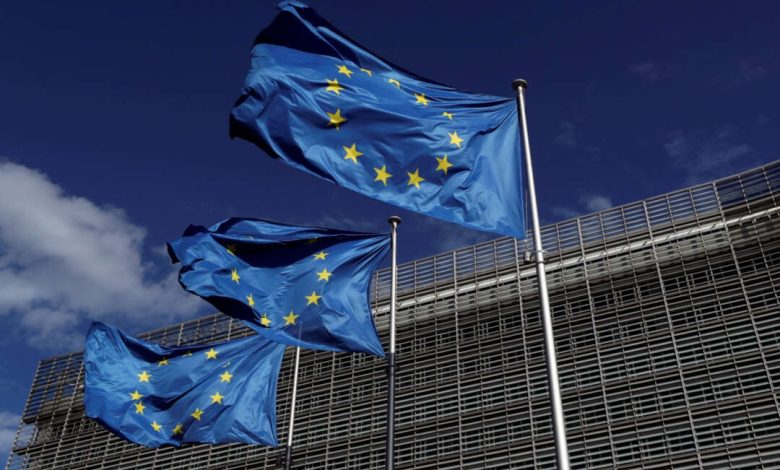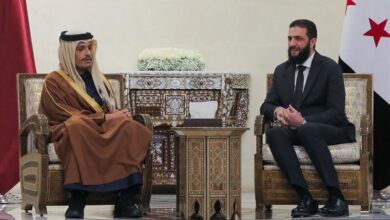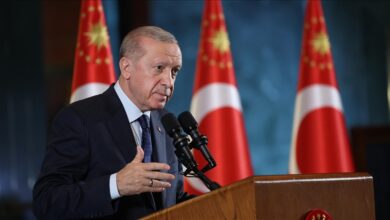
EU extends humanitarian exemptions on sanctions imposed against Assad regime
The European Union approved the extension of humanitarian exemptions regarding the sanctions imposed on Assad regime, which it had announced following the February earthquake disaster last year, aiming to facilitate the speedy delivery of humanitarian assistance into Syria.
The German special envoy to Syria, Stefan Schneck, said: “We are reducing the bureaucratic obstacles encountering our partners who provide assistance to the Syrian people to a minimum.”
Schneck confirmed that all the stakeholders should assume responsibility to adhere to the humanitarian principles, clarifying that the EU is doing its part.
According to the European list, the “humanitarian exemption” regarding the European sanctions imposed on Assad regime includes “exemption from assets freezing, and the prohibition related to providing funds and economic resources to individuals and entities included in the sanctions list, and aims to further facilitate the operations of international organizations and specific categories of actors and participate in humanitarian activities in Syria.”
The European Union had previously reduced sanctions on Assad regime temporarily following the earthquake disaster hitting northern Syria and southern Turkey on 6 February 2024, to facilitate humanitarian aid delivery to Syria.
The EU Council made it clear that the humanitarian organizations would not need six months for prior authorization from EU members to send materials or provide services to entities subject to the bloc’s sanctions.
The European Union began imposing sanctions on the Assad regime in 2011, and reviews them annually. The sanctions have included so far 322 individuals and 81 entities, under which the assets of those targeted are frozen, in addition to banning them from traveling and entering EU countries.
The sanctions also include an oil embargo, restrictions on certain investments, and a freeze on the assets of the Syria’s Central Bank in Europe, as well as restrictions on the export of equipment and technology that could be used in internal repression, as well as equipment and technology that may be used to monitor or intercept the internet or telephone communications.




